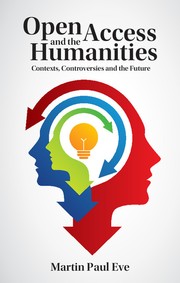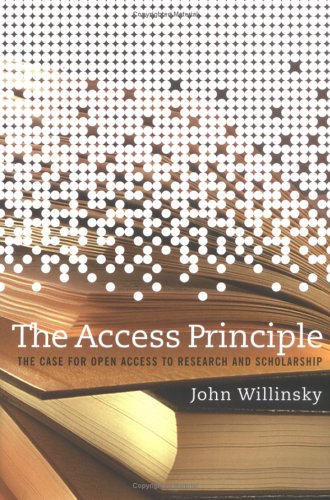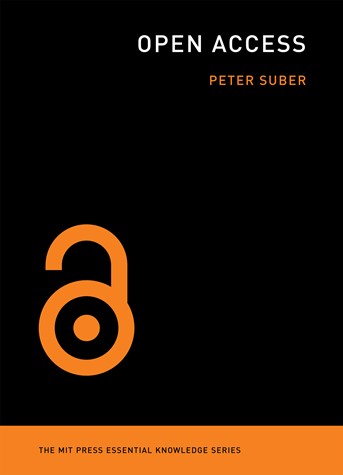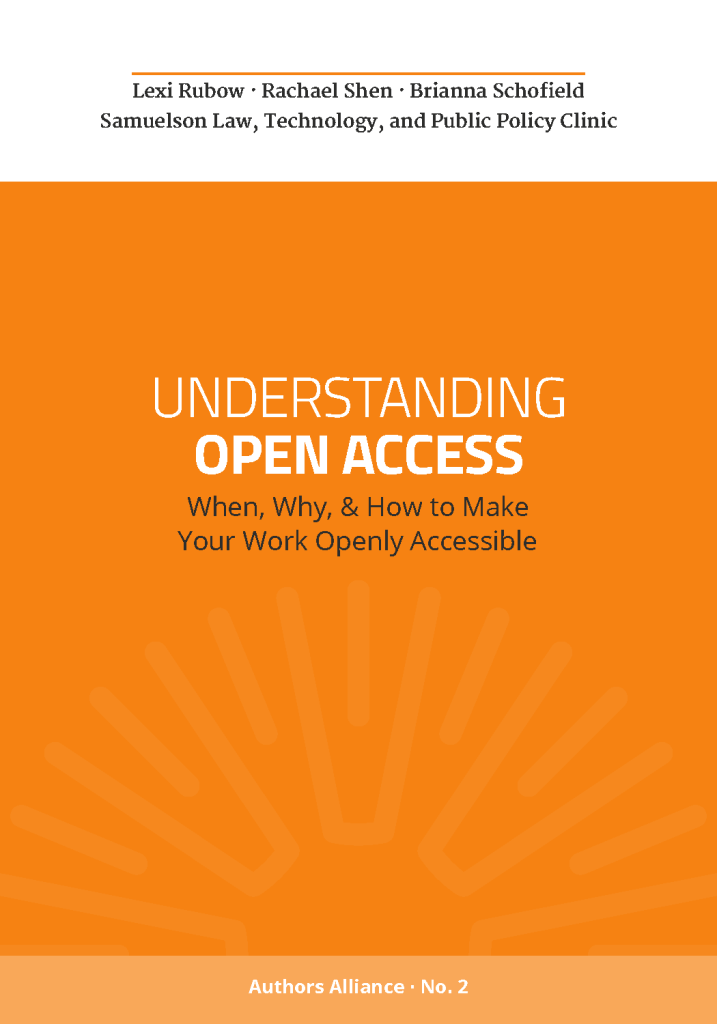What Is Open Access?

Open Access refers to the removal of price and permissions barriers to peer-reviewed research. Open access can be achieved by:
- Publishing in an open access journal, or
- Depositing an article version such as an accepted manuscript or preprint into a repository
By "open access" to this literature, we mean its free availability on the public internet, permitting any users to read, download, copy, distribute, print, search, or link to the full texts of these articles, crawl them for indexing, pass them as data to software, or use them for any other lawful purpose, without financial, legal, or technical barriers other than those inseparable from gaining access to the internet itself. The only constraint on reproduction and distribution, and the only role for copyright in this domain, should be to give authors control over the integrity of their work and the right to be properly acknowledged and cited.
---Budapest Open Access Initiative, 2001
Open Access Explained
The OA Advantage
-
Open Access Citation StudiesMost peer-reviewed studies show that open access articles receive more citations.
-
Open Access and Online AttentionStudies show that open access articles get more media and online attention.
-
OA Journals and WikipediaResearch shows that, controlling for other factors, OA journals are cited more often on Wikipedia.
Finding Open Access Articles
Still No Access? Try:
Open Access Books About Open Access!
by Peter Suber
by Lexi Rubow, Rachael Shen, Brianna Schofield, and the Samuelson Clinic
 Open Access and the Humanities
Open Access and the Humanities
by Martin Paul Eve
 The Access Principle: The Case for Open Access to Research and Scholarship
The Access Principle: The Case for Open Access to Research and Scholarship
by John Willinsky






